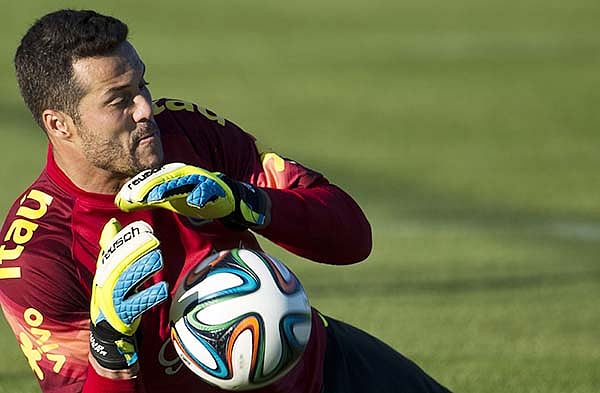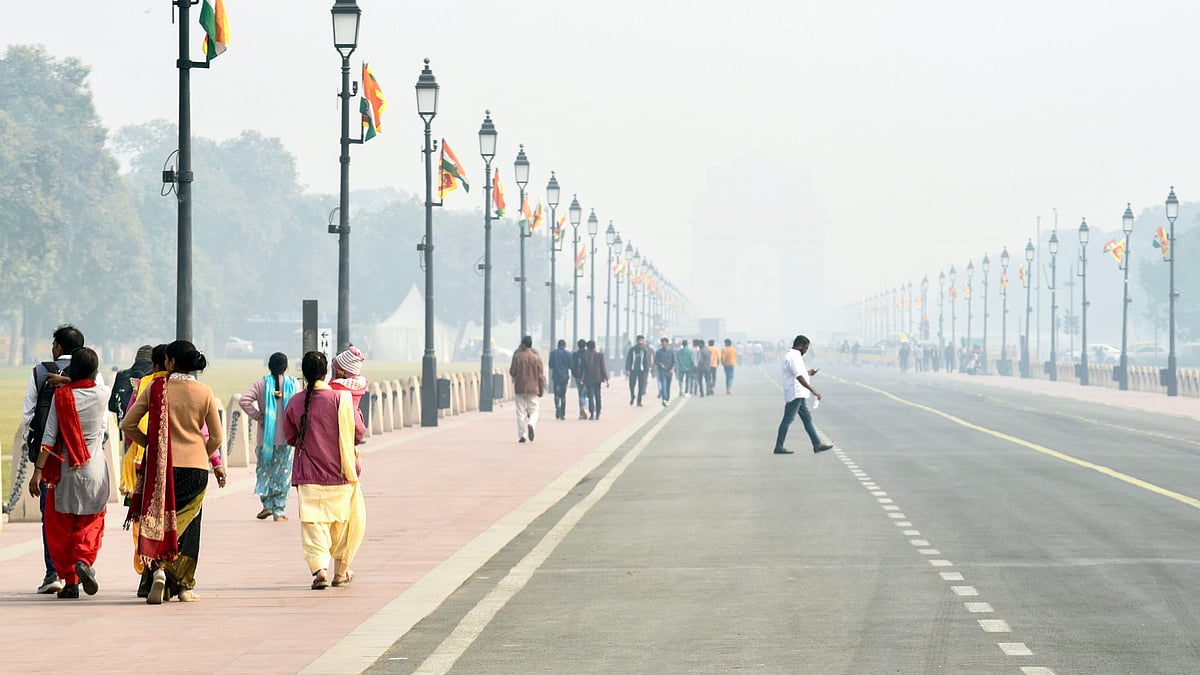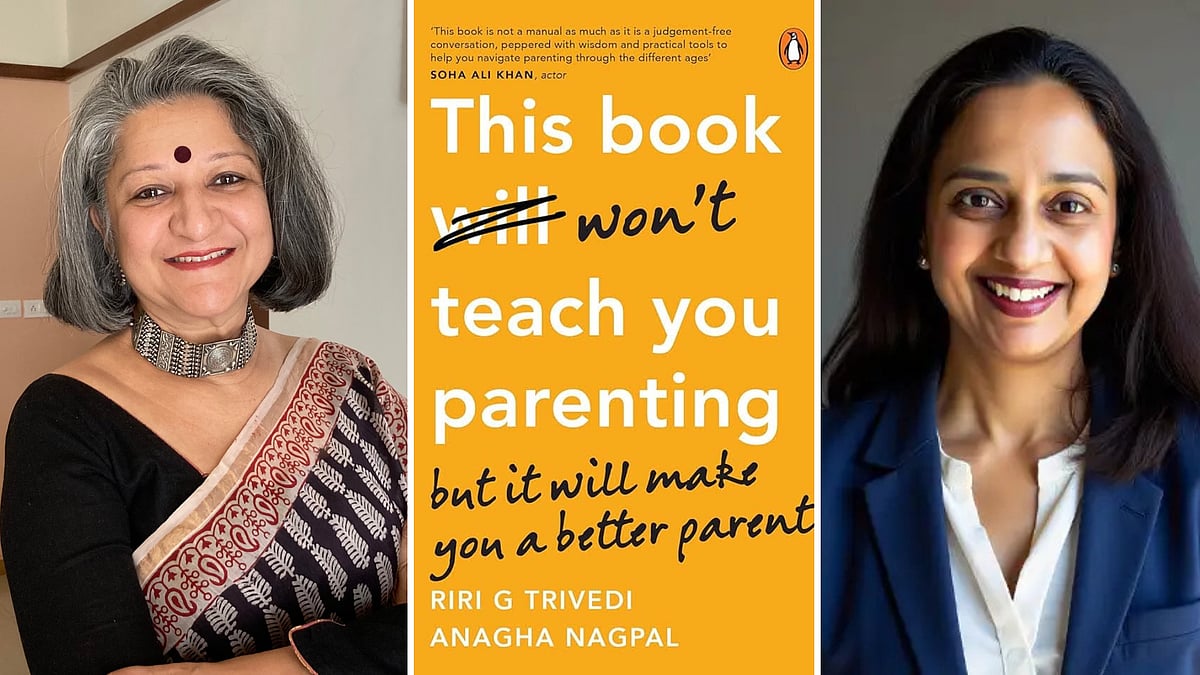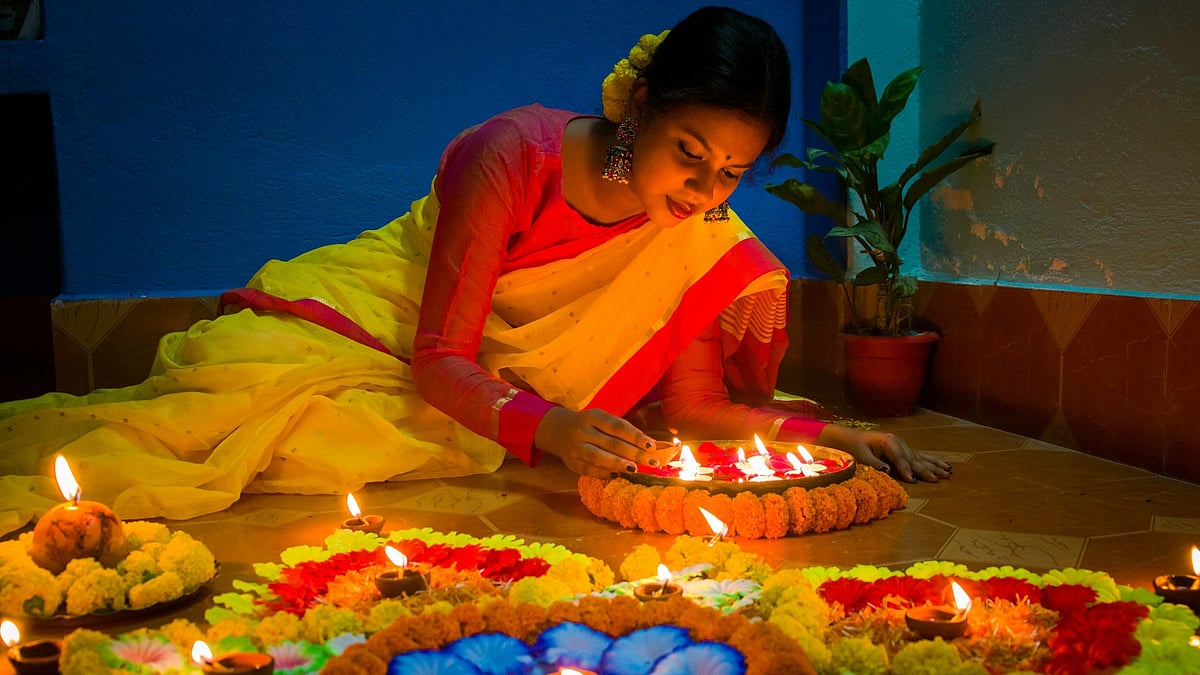FIFA fever is at its zenith in Brazil where it’s a religion. Rajendra K. Aneja recollects the day when Brazil lost the World Cup to France in ‘98 and why football is like breathing air in Brazil.
You are not a Brazilian. So, you do not know what football means to us,” admonished my friend Elaisa. Brazil had just conceded a goal to France, in the first half of the World Cup final game in 1998. Elaisa was sobbing uncontrollably. Tears cascaded down her pretty cheeks. I felt helpless, but also flabbergasted. “Look this is only a game, someone has to win and someone has to lose. Brazil is a rich country and has so much more than football. The Iguassu falls, Amazonas forests, Rio, Copacabana! Why do you weep?” I asked incredulously.

“You do not understand, football is not just a game for us, it is religion for us,” she replied, between her sobs. Then, Brazil lost to France. Elaisa was inconsolable.
Of all the days I lived in Brazil, the most horrendous day was when Brazil lost the finals in the World Cup 1998, to France. Actually, the Brazilians expected to win. They were playing pretty well. In the street where I lived, for almost 10 days before the final match, restaurants were piling up inventories of beer, drinks and food.
From the gallery of my apartment, I could see trucks arrive daily, laden with food and drinks for the celebration. Everyone was gearing up for a Brazilian victory! Had Brazil won, there would have been a carnival. People would have sung and danced endlessly! The bands were ready to burst into “sambha” music!
Unfortunately, Brazil lost. The munificent preparations were squandered. The streets were deserted. The night was ghostly silent. There was not a car on the street. Not a leaf moved. I could not bear to be home alone with a depressed Elaisa. So we went down. The restaurants were empty shells. There were a scattering of people, all very depressed. A pall of gloom had descended over the country.
Had Brazil won the match, Paulista the main avenue in Sao Paulo would have had 3 to 5 million people on it, celebrating non-stop for many days. Now, Paulista was abandoned. It was very sad. It hurt me to see how poignant the country was.
Everyone was wretched. Marcos, the owner of my favourite restaurant, was sobbing uncontrollably. “Take it easy. Brazil will win next time,” I consoled him. “I cannot wait four more years. I want that Cup today”, he responded vehemently. Unfortunately, the Cup had already gone.
“What happened yesterday?” I asked Silvester, my driver taking me from my house to my office, the next day. He exploded into a 30-minute tirade analyzing the entire game. He was agitated and gesticulating with one hand and driving the car at top speed with the other. After that frightful ride, I never discuss football with a Brazilian, when he is driving a car.
The Brazilians are very passionate about football. They have won the World Cup five times. This is a source of enormous national pride.
When the World Cup is on, the entire country turns yellow and green, the colours of the Brazilian flag. Buildings 25 floors high are painted green and yellow stripes, to resemble the national flag. Every house has Brazilian flags fluttering. Every car has the flag of Brazil, flying on the bonnet.
The colours of the national flag, dominate the clothes of people, of all ages. The ties, which men wear to office, are printed in the colours of the Brazilian flag.
The colours of the swimsuits of the pretty lasses in Rio de Janeiro, change to green and yellow during that the World Cup. At Copa Cabana, the signature beach of Rio, 6 out of 10 girls wear swimming costumes of the Brazilian colour. Bikinis, called “dental floss”, are very thin and they change into yellow and green strings during that period. Even the sweaters of pet dogs in Sao Paulo, are green and yellow.
Corporations are smart and adopt flexible work timings, to enable their staff to see the matches. When Brazil plays, most offices either close down or give the staff a holiday. However, if the match is in the morning around 10:30, then all offices open after lunch.
If the match is at 4:00 o’clock, then all offices close after lunch. If, the match is at mid-day or around 1:00 pm, then companies just rent 100 TV sets and put them in every department so that everyone can watch the match. When, when the match is on, everything stops.
My apartment in Sao Paulo overlooked the main avenue, Paulista. It is the busiest street in Brazil. When the World cup is on, there is not a human being on that wide street. It is the main artery of Brazil, but not a person is to be seen! The entire country is frozen in time, during those 3 hours when the World Cup match is on. Everyone is glued to televisions in their homes, offices, restaurants, anywhere! Nothing moves. Brazil as a country simply freezes for 3 hours. Brazil’s performance sets the mood of the nation.










